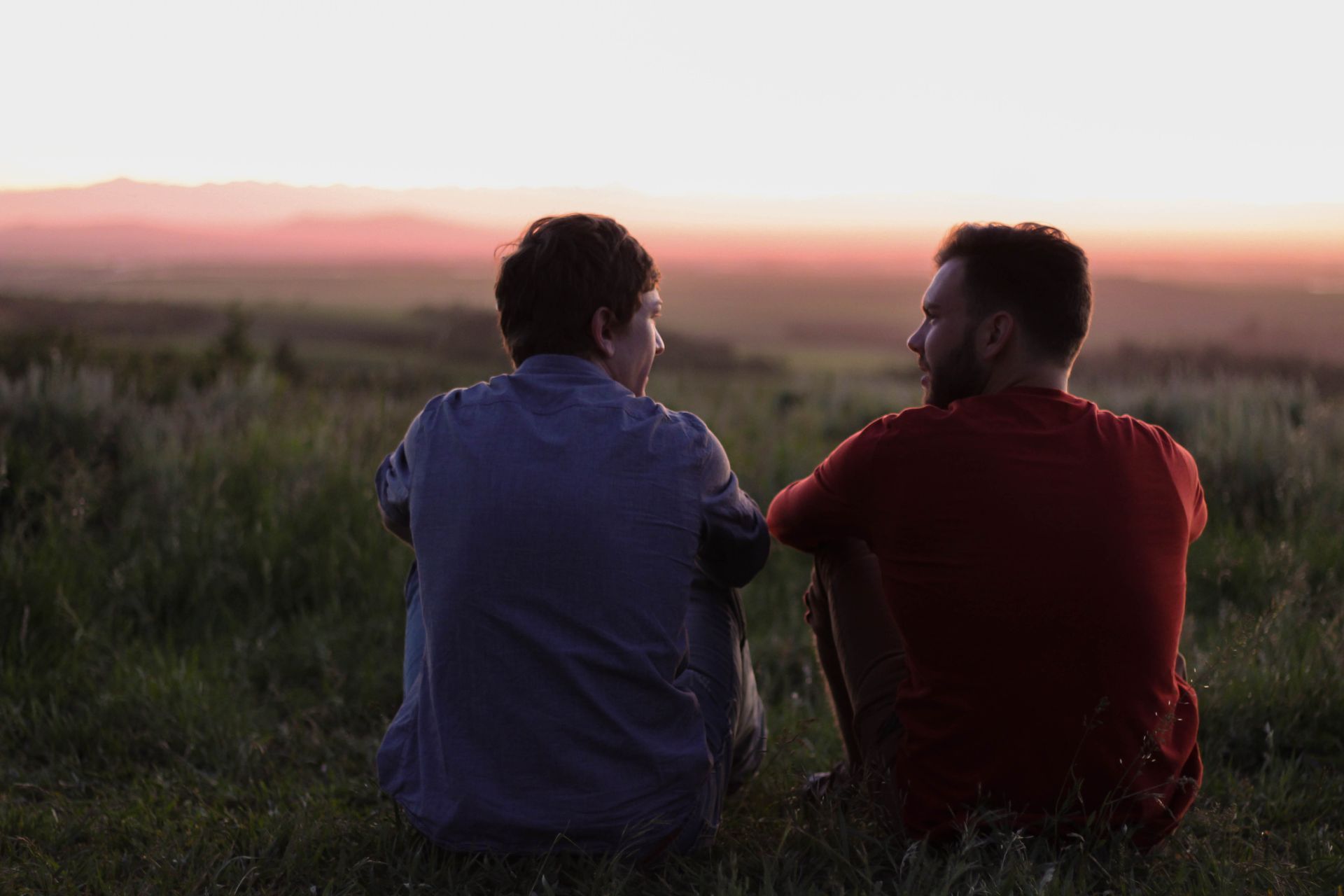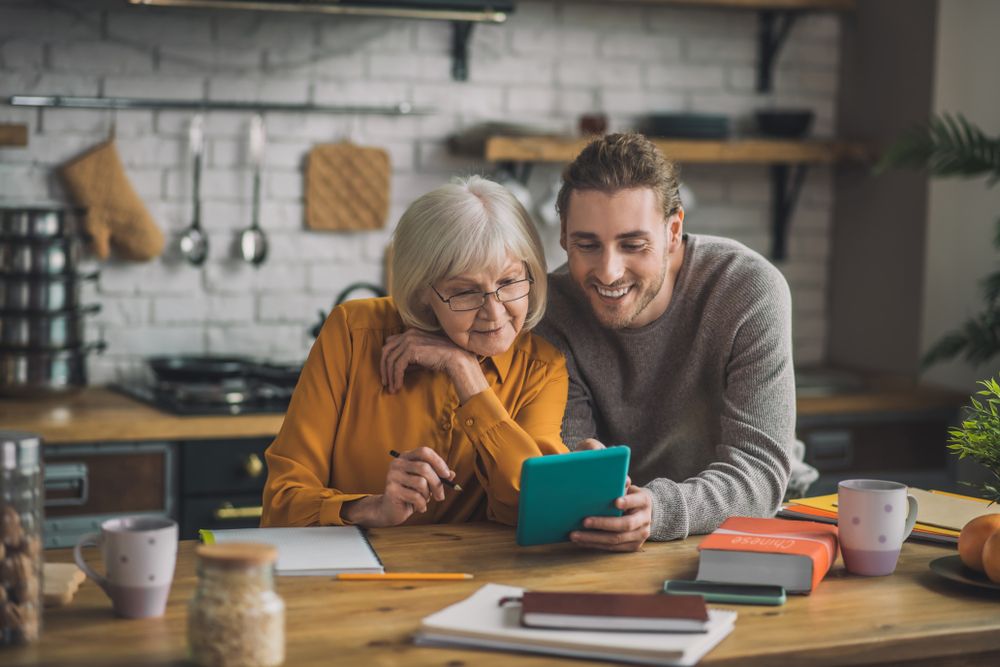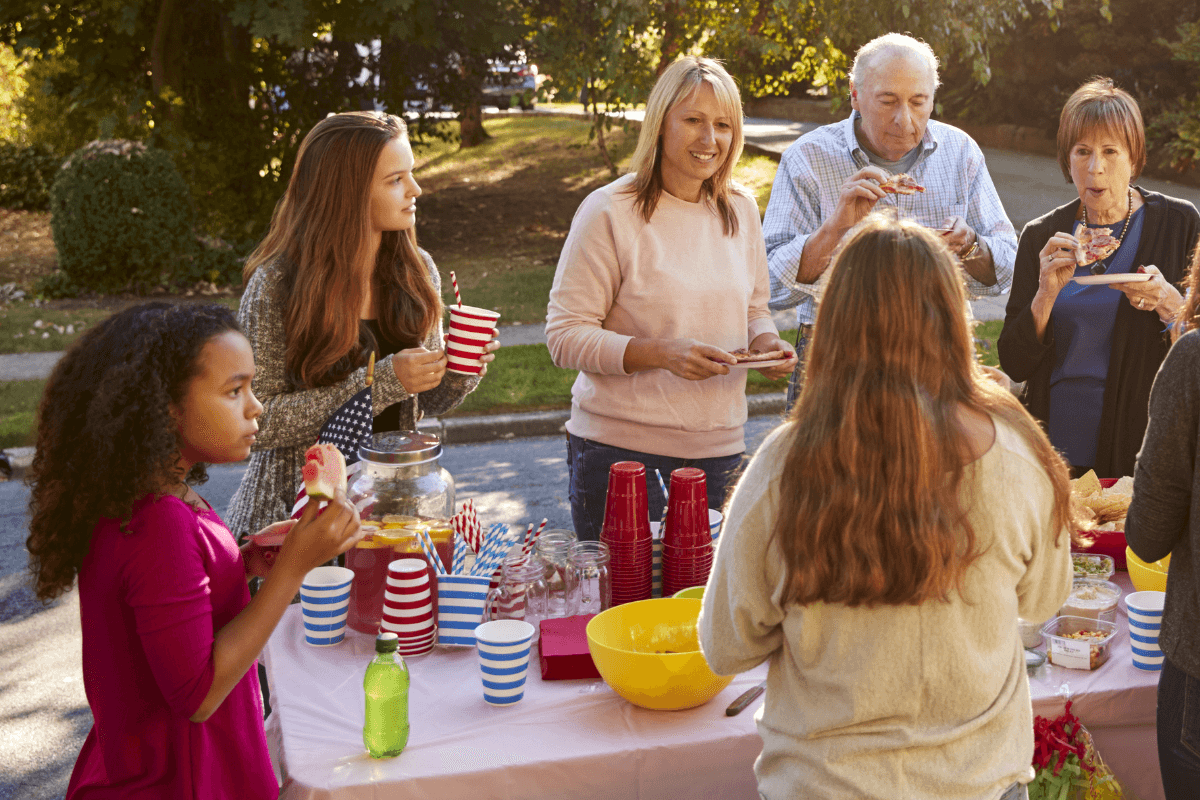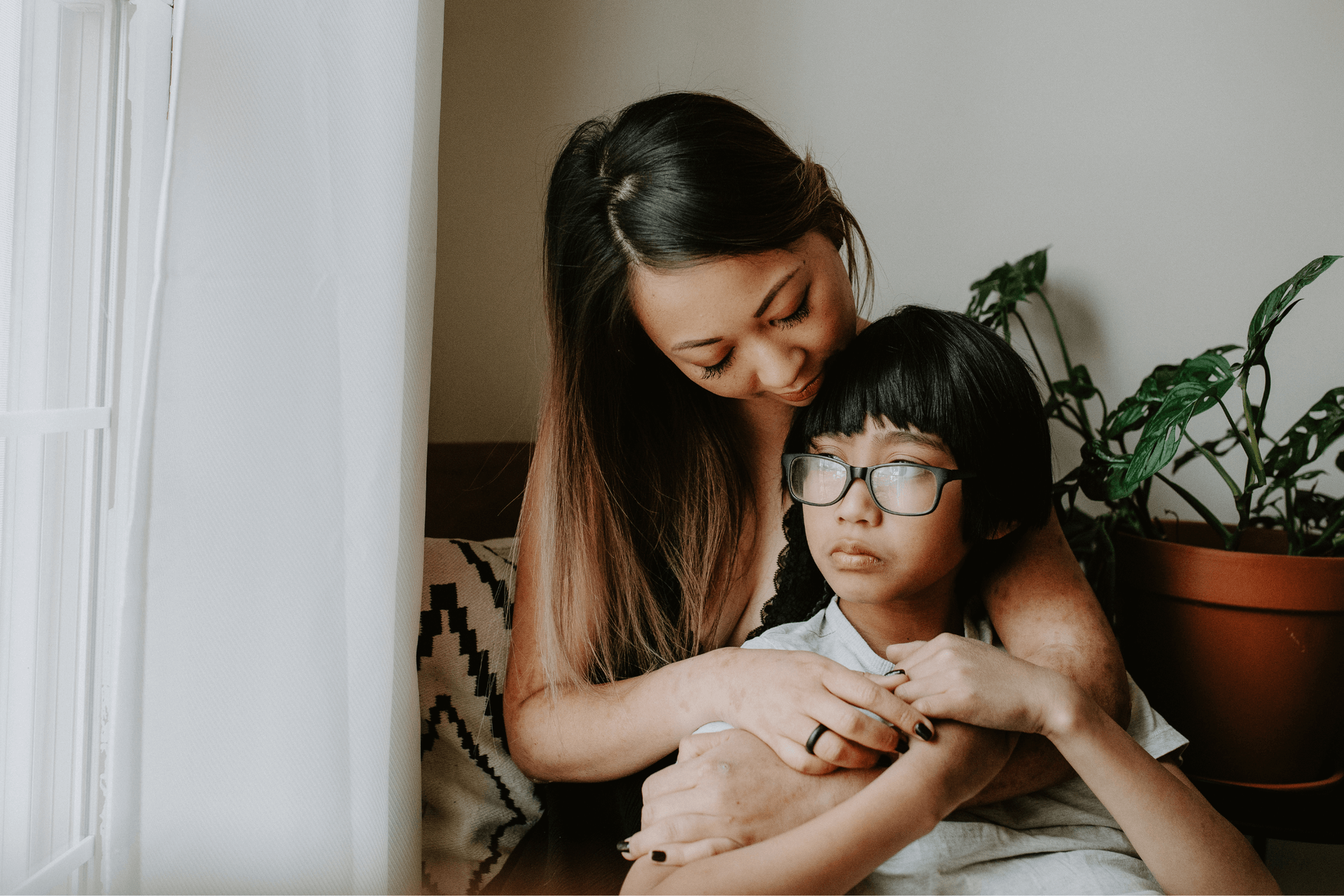The Voice referendum will take place on 14 October, when Australians will vote yes or no to establishing a First Nations Voice in the Constitution.
There are many opinions being shared about The Voice in the media, including misinformation intended to scare and divide us.
As an ally to Aboriginal and Torres Strait Islander Peoples, you may be feeling confused about how to vote.
This is an important and historic decision, and one that will be made by the non-First Nations majority on behalf of First Nations Peoples – just 3% of the Australian population.
Now more than ever, First Nations Peoples need their allies to be educated and informed, putting the best interests of First Nations communities first. But what vote is in the best interests of Aboriginal and Torres Strait Islander Peoples?
We offer some advice for allies here.
Listen to First Nations Voices
The media is a minefield of strong opinions and feelings around The Voice, and unfortunately, many conversations aren’t considering the very people this referendum impacts the most.
It’s of critical importance to put First Nations voices and perspectives first when it comes to The Voice and all First Nations issues.
Consider First Nations experiences by seeking these conversations in your local communities and via credible First Nations resources, such as this Voice video explainer by Aboriginal executives who advise on First Nations issues.
It’s also important to take a step back and allow First Nations Peoples to speak for themselves. Being a genuine ally means amplifying First Nations voices, believing their experiences, and not assuming where they stand on The Voice.
Everyone has their own opinions, including First Nations individuals, and it’s unrealistic to expect 100% of First Nations Peoples to support The Voice._However, an overwhelming majority do.
97%_of the First Nations delegates at the Uluru National Convention supported a call for a constitutional Voice through The Uluru Statement from The Heart.
And polls show over 80% of First Nations Australians are in favour of The Voice.
We encourage you to prioritise First Nations voices when determining your vote, as we have done as an organisation.
RAQ has listened to our First Nations staff members as they’ve generously shared their unique perspectives, leading us to a position in favour of a Voice to Parliament.
Respect the Impact on First Nations Peoples
While it’s important to seek First Nations Peoples’ perspectives, we also need to remember that it can be tiring for First Nations Peoples to constantly advocate for their communities.
Being the subject of such strong political opinions may be stressful and traumatic for some First Nations Peoples, and repeating experiences and wisdom can be emotionally draining.
It’s not First Nations Peoples’ responsibility to educate us; we need to take responsibility and do our own research into The Voice and this country’s True history.
It’s already taken a lot of heavy lifting from First Nations Peoples, Elders, and Leaders to get The Voice conversation to this national level.
Acknowledge the impact this journey may have had on some First Nations Peoples. Respect people’s boundaries if they don’t want to talk about The Voice. You might even like to check in with them and ask, “Are you in the headspace to talk about this?” before approaching the topic.
And remember, just because someone identifies as Aboriginal or Torres Strait Islander, it doesn’t mean they have strong feelings on The Voice.
We share more advice to be respectful of First Nations Peoples during The Voice debate in this blog post: Respect During the Referendum | Relationships Australia Qld (raq.org.au)
Consider the Best Interests of First Nations Peoples
As the Queensland Human Rights Commission has stated:
“A Voice to Parliament is consistent with international human rights standards and would provide for better human rights protections by promoting equality and self-determination for First Nations Peoples.”
RAQ has no political or religious allegiances and stands for the inclusion, equity, social justice, and human rights of all Queenslanders. We and our First Nations Workforce stand strongly in our support for The Voice to Parliament, and we see this not as a political issue, but as a human rights issue.
We encourage allies – and all Australians – to consider the best interests and human rights of First Nations Peoples when determining their vote on 14 October.
Support Services
We understand this topic may raise difficult emotions for some people. Help is available.
RAQ offers culturally safe counselling and support services for First Nations Peoples. You can call 1300 364 277 to make an appointment or get help finding the right support for you.
For 24/7 crisis support, call 13YARN on 13 92 76 to talk with an Aboriginal or Torres Strait Islander Crisis Supporter.
No campaigners are spreading false information and half-truths to create confusion, fear, and division in the lead-up to the referendum. We explore more here: The Voice: Misinformation, Truth-Telling, and Healing Together.





